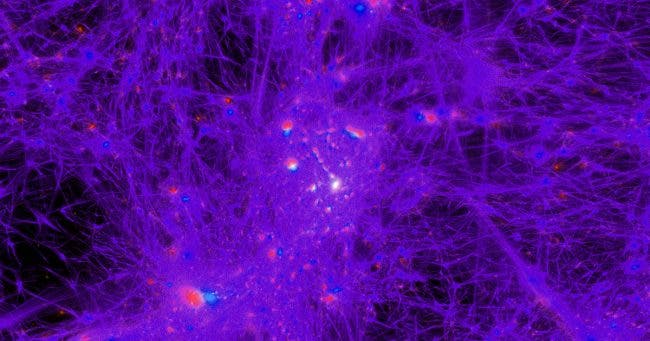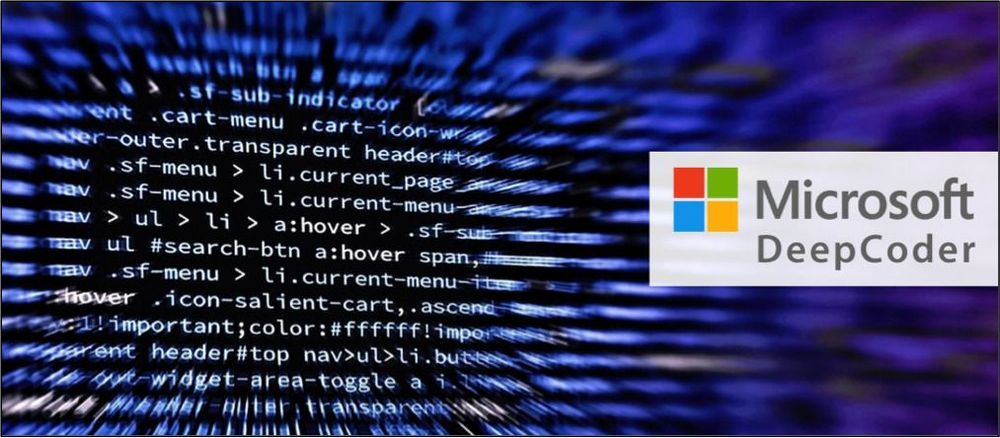Updated mathematical techniques that can distinguish between two types of ‘non-Gaussian curve’ could make it easier for researchers to study the nature of quantum entanglement.
Quantum entanglement is perhaps one of the most intriguing phenomena known to physics. It describes how the fates of multiple particles can become entwined, even when separated by vast distances. Importantly, the probability distributions needed to define the quantum states of these particles deviate from the bell-shaped, or ‘Gaussian’ curves which underly many natural processes. Non-Gaussian curves don’t apply to quantum systems alone, however. They can also be composed of mixtures of regular Gaussian curves, producing difficulties for physicists studying quantum entanglement. In new research published in EPJ D, Shao-Hua Xiang and colleagues at Huaihua University in China propose a solution to this problem. They suggest an updated set of equations that allows physicists to easily check whether or not a non-Gaussian state is genuinely quantum.
As physicists make more discoveries about the nature of quantum entanglement, they are rapidly making progress towards advanced applications in the fields of quantum communication and computation. The approach taken in this study could prove to speed up the pace of these advances. Xiang and colleagues acknowledge that while all previous efforts to distinguish between both types of non-Gaussian curve have had some success, their choices of Gaussian curves as a starting point have so far meant that no one approach has yet proven to be completely effective. Based on the argument that there can’t be any truly reliable Gaussian reference for any genuinely quantum non-Gaussian state, the researchers present a new theoretical framework.








